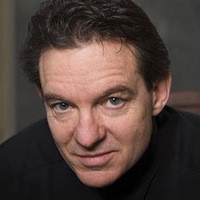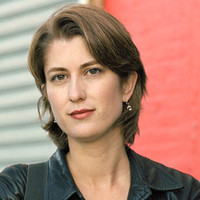Travels with Toni
The author accompanies Toni Morrison to Stockholm, where she accepts the Nobel Prize in Literature.
"Hi," she said on the telephone, a week after the announcement. "This is Toni, your Nobelette. Are you ready for Stockholm?" Well, since she asked, why not? I left town for Greek light, German sausage, Russian soul, French sauce, Spanish bull, Zen jokes, the Heart of Darkness and the Blood of the Lamb. Toni Morrison's butter cakes and baby ghosts, her blade of blackbirds and her graveyard loves, her Not Doctor Street and No Mercy Hospital and all those maple syrup men "with the long-distance eyes" are a whole lot more transfiguring. Where else but Stockholm, even if she does seem to have been promiscuous with her invitations. I mean, she asked Bill Clinton, too, whose inaugural she had attended, and with whom she was intimate at a White House dinner party in March. (He told Toni's agent, Amanda "Binky" Urban, that he really wanted to go but... they wouldn't let him.) Salman Rushdie might also have gone except that the Swedish Academy declined officially to endorse him in his martyrdom, after which gutlessness three of the obligatory eighteen academicians resigned in protest, and can't be replaced, because you must die in your Stockholm saddle.






